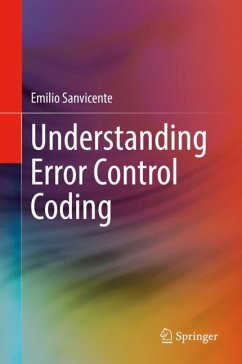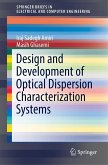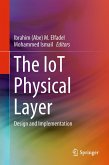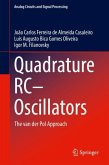This book is addressed to newcomers to error control coding (ECC), making the subject easy to understand and to apply in a variety of cases. The book begins by presenting in a detailed, step-by-step manner the plethora of parts an ECC system has and the way they interact to achieve the performance required. Contrary to the more abstract and formal approach followed in most books on this topic, this book is unique in that all of the concepts, methods, techniques and algorithms are introduced by way of examples. Thus, the book is almost a workbook, and therefore very suitable for self-study. Readers are encouraged to take an active role while reading, performing calculations as chapters' progress. Moreover, to reinforce the learning process, many of the topics introduced in the book (Galois fields, Extended Hamming codes, Reed-Solomon codes, interleaving, erasure correction, etc.) are presented in various parts of the book in different ways or contexts.
Offers a practical guide to error control coding, accessible to readers with varying backgrounds;Provides newcomers with a sound foundation in error control coding, using a select few topics considered by the author fundamental from an engineering point of view;Presents material with minimal mathematics;Motivates carefully concepts, methods and algorithms making clear the idea behind the conditions for the code to work.
Offers a practical guide to error control coding, accessible to readers with varying backgrounds;Provides newcomers with a sound foundation in error control coding, using a select few topics considered by the author fundamental from an engineering point of view;Presents material with minimal mathematics;Motivates carefully concepts, methods and algorithms making clear the idea behind the conditions for the code to work.









